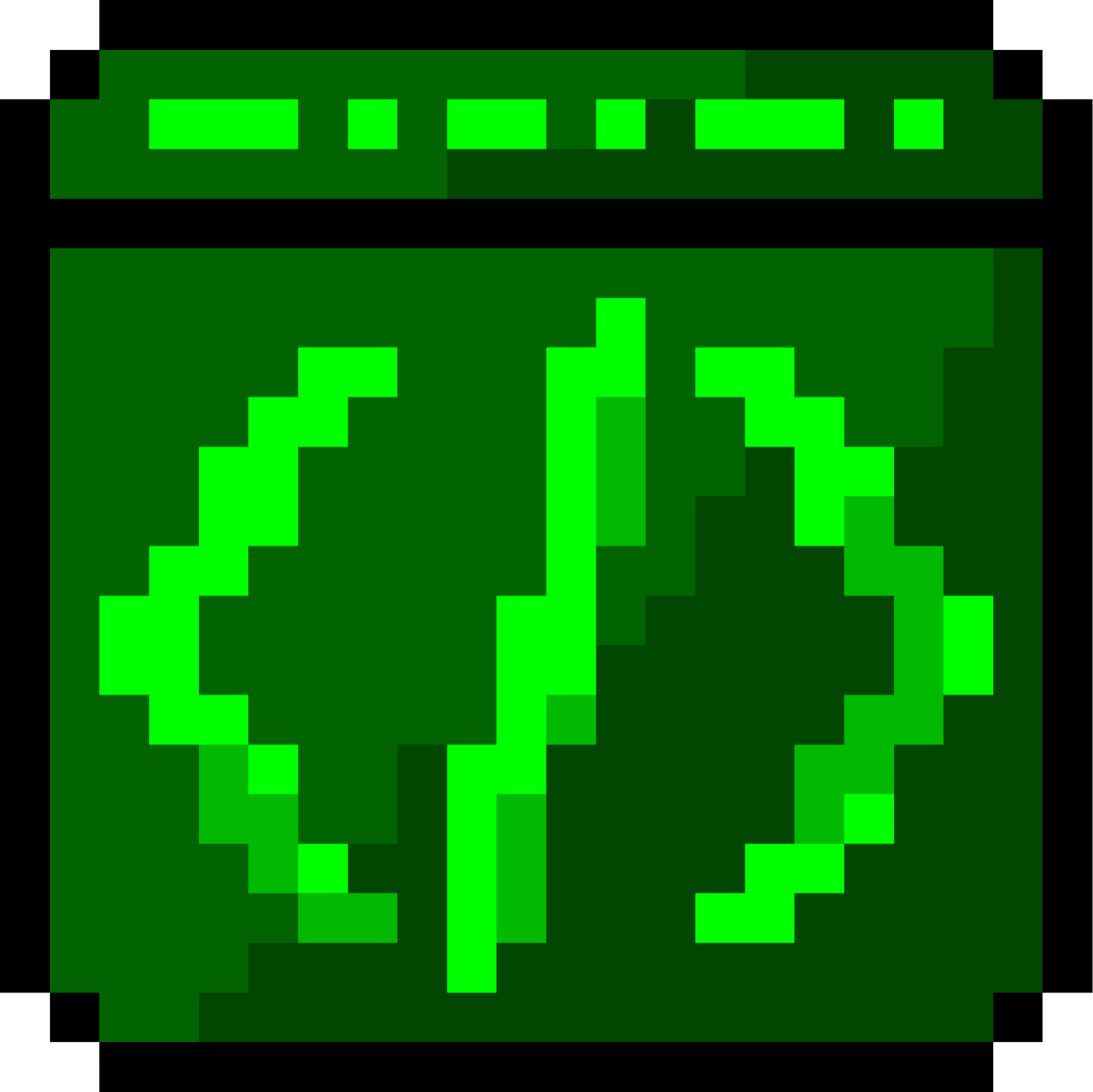1,512 reads
ExpressWebJs adds support for Bunjs
by
September 21st, 2023
Audio Presented by
Story's Credibility





About Author
Software Engineer
Comments
TOPICS
Related Stories
Ensuring Quality in BunJs Applications: Testing with Cucumber JS and Keplo
@himanshu.mandhyan
Jun 03, 2024
Ensuring Quality in BunJs Applications: Testing with Cucumber JS and Keplo
@himanshu.mandhyan
Jun 03, 2024

